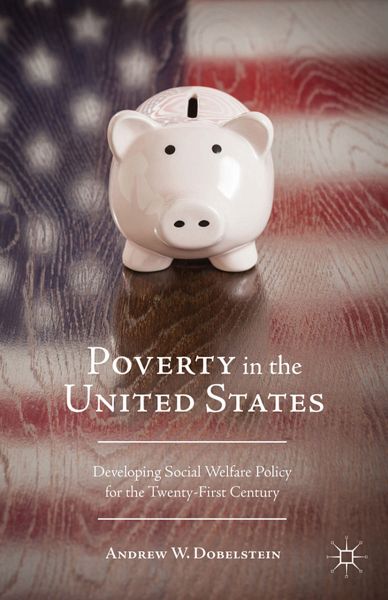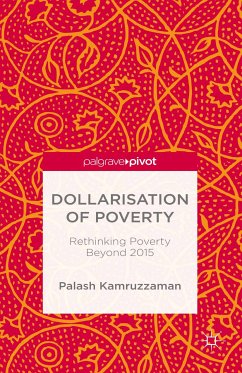"Andrew Dobelstein documents that the current American social welfare system sometimes actually contributes to perpetuating poverty. He presents a bold and workable proposal to reduce poverty and make the system more effective and efficient by integrating the four major cash assistance programs into one coherent whole." - William R. Keech, Research Professor, Duke University, USA
"In his latest book, Andrew Dobelstein makes a compelling argument that a major overhaul of the US social welfare system is needed if the nation is to respond effectively and humanely to the economic realities of the 21st Century. His provocative suggestions will surely inspire vigorous debate across the political spectrum about how to address the
persistent problem of poverty and the growing problem of inequality in the future." - Michael Reisch, Daniel Thursz Distinguished Professor of Social Justice, University of Maryland, USA
"Andrew Dobelstein's penetrating examination of American social welfare policy is both illuminating and timely. His probing review of our experience with poverty, and our too-restricted and drifting efforts to diminish it, triggers a powerful call for a reconstructed social welfare effort. We would be wise to pay attention." - Gene Nichol, Boyd Tinsley Distinguished Professor and Director, Center on Poverty, Work and Opportunity, University of North Carolina, USA
"Most proposals to 'reform' America's anti-poverty programs, especially SocialSecurity and Medicare, are overt or thinly-veiled efforts to dismantle what exists, and to cease taking any action to reduce poverty. They come from ideologues, not from those who have concern for the poor. Dobelstein is an exception. In suggesting a new, integrated, approach to the thorny issue of poverty, he hopes to deal with the issue more effectively. One may agree or disagree regarding the merits of his integrated approach, but there can be no doubt that he seeks innovative solutions, rather than the advancement of an ideology." - Max J. Skidmore, Curators' Professor, Thomas Jefferson Fellow, University of Missouri-Kansas City, USA, author of Securing America's Future and Bulwarks Against Poverty, editor of Poverty and Public Policy














